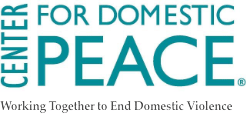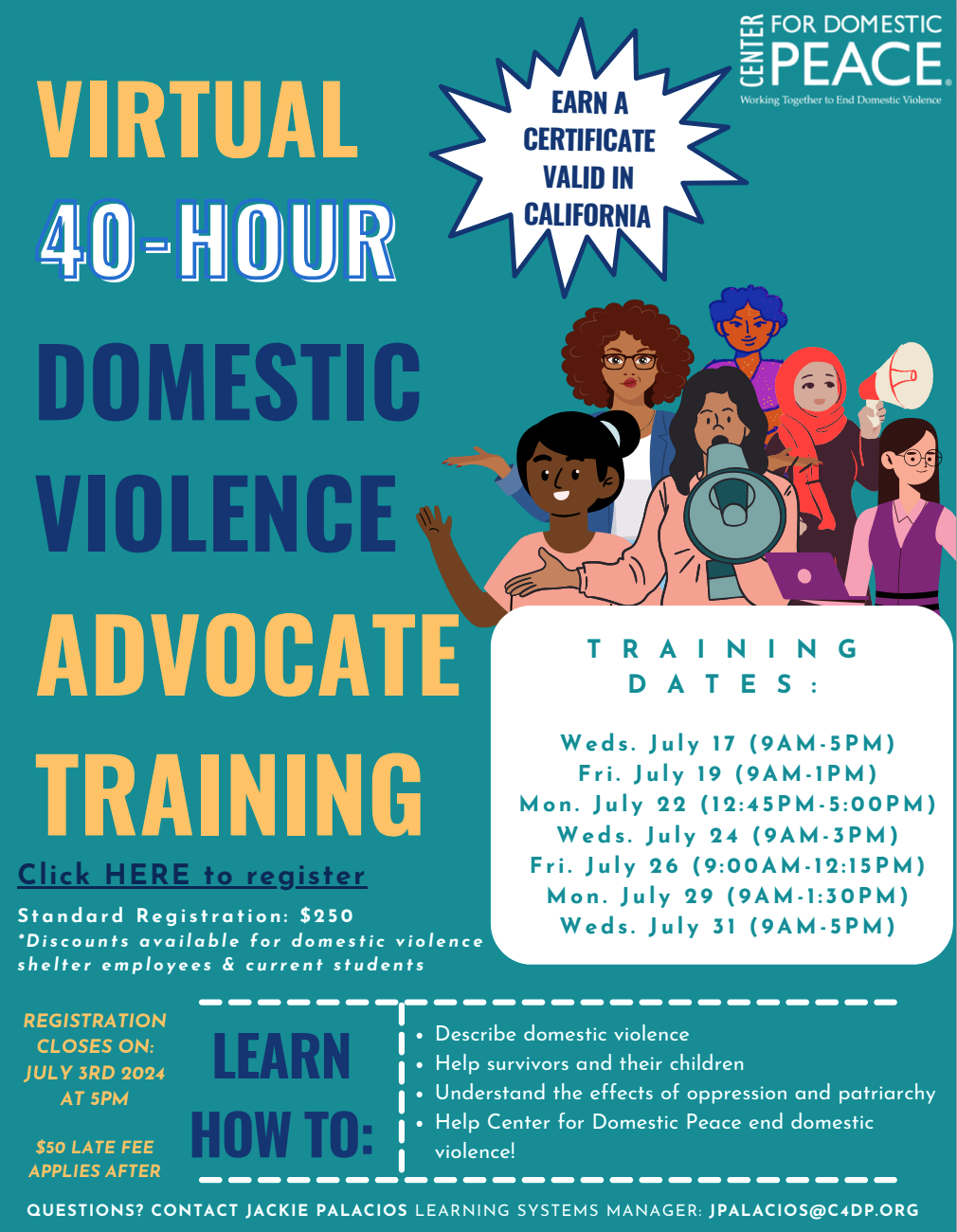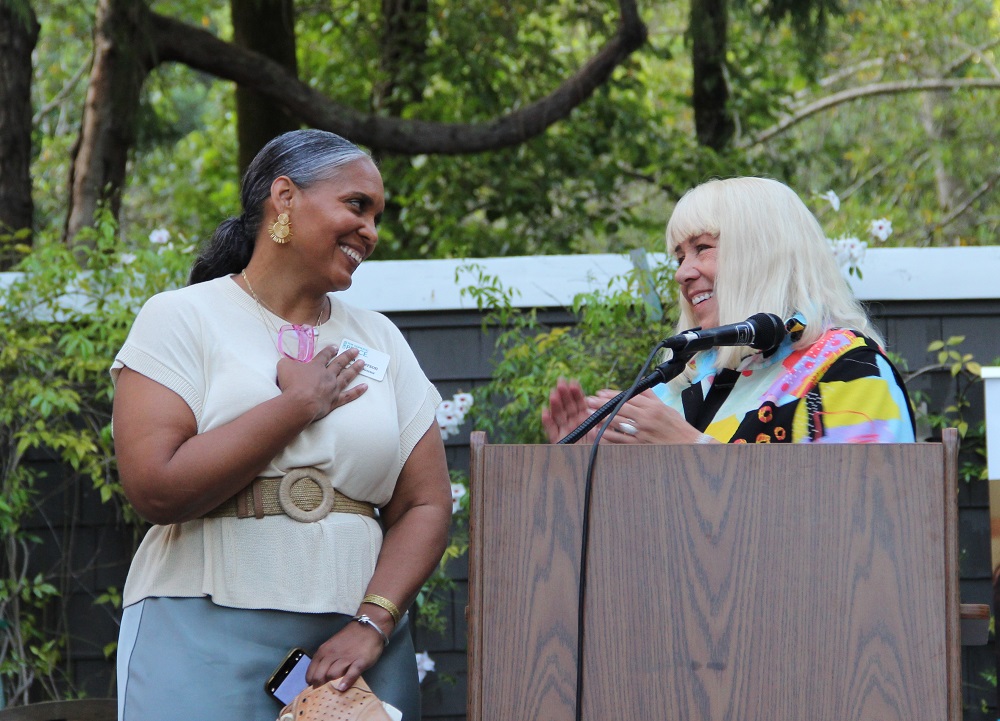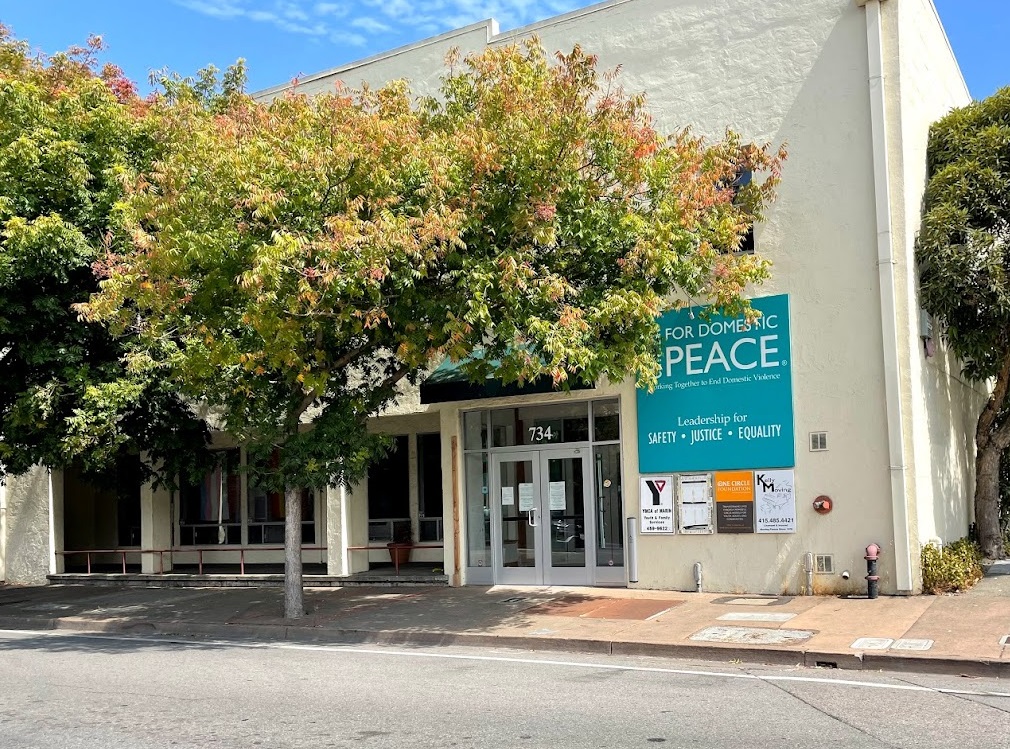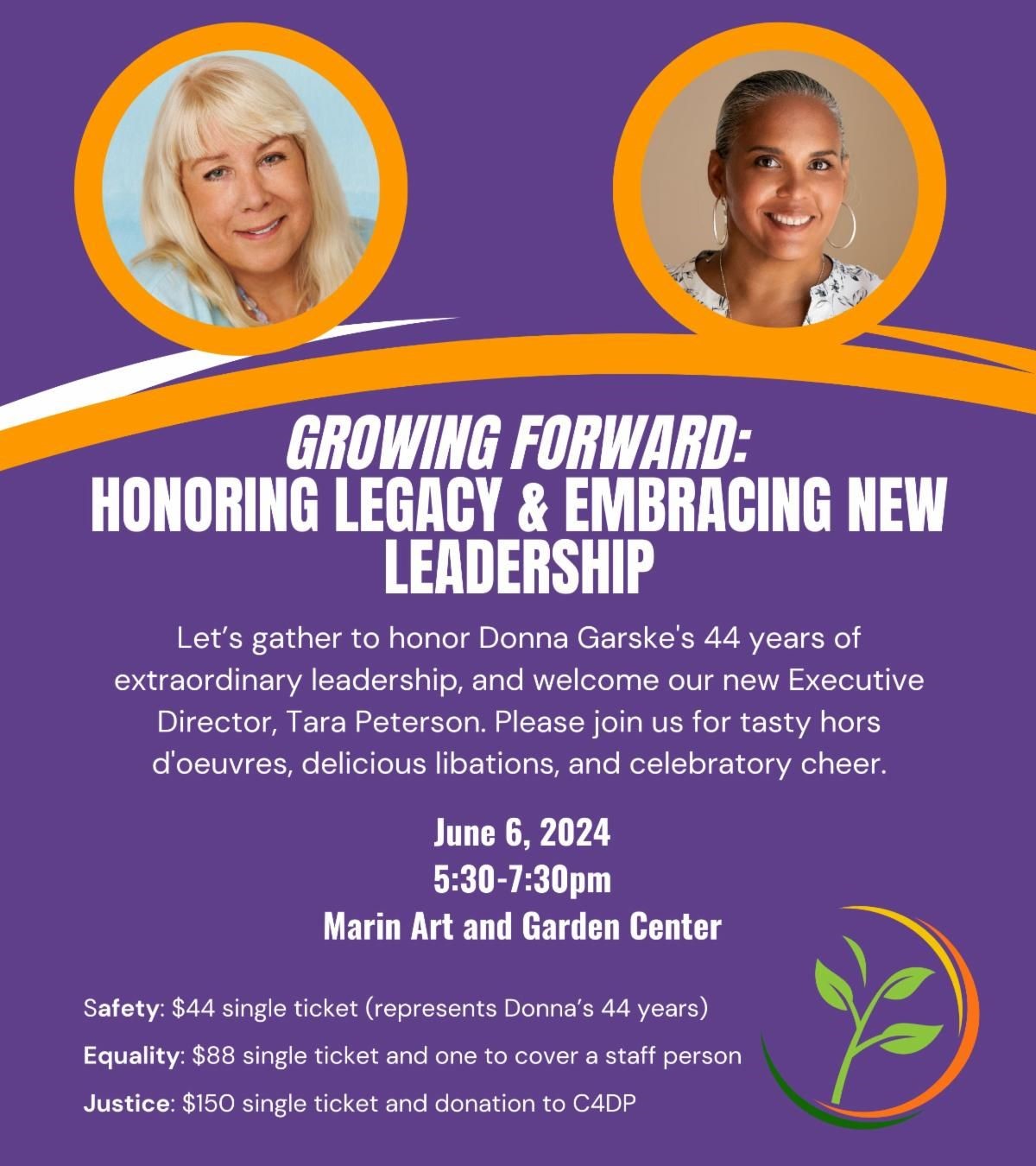Abuse happening between partners and spouses spans gender, ethnicity, class, and age. With nearly 57,000 people in Marin over the age of 65, Center for Domestic Peace is keenly aware that domestic violence, sexual assault, and elder abuse happens here.
Abuse in later life is the willful abuse, neglect, or financial exploitation of an older adult that is perpetrated by someone in an ongoing relationship with them (e.g., spouse, partner, family member, or caregiver). It’s difficult to know how prevalent elder abuse is because it frequently goes unreported. The World Health Organization says anywhere between 1 and 10 percent of seniors are affected.

Many of the dynamics present in older adult relationships are not unique to elders. Generally, abusers use a pattern of coercive tactics – such as isolation, threats, intimidation, manipulation, and violence – to gain and maintain power over victims. They often tell their victims where they can go, whom they can see, and how they can spend money – in other words, control their decisions. Some abusers use their role and power to financially exploit their victims. Others feel that they are entitled to control because they are “head of the household,” or because they are younger and physically stronger than their victims. They may also control all their communications or transportation, further isolating them.
What is unique to elders and dependent adults is that they, not unlike children, can be in a position of extreme vulnerability and rely on caregivers for basic care and support; they can experience neglect and abandonment. They may also fear leaving their abuser for a variety of complex reasons, which may include memories of a better time, loss of family ties, shame, fear of being institutionalized, and even fear of death.
Just like other kinds of abuse, elder abuse can take many different forms:
- Physical: Inflicting pain or injury through such actions as slapping, hitting, bruising, or restraining. Physical abuse can also be inflicted through medication tampering – giving too much or withholding medication.
- Sexual: Any nonconsensual sexual contact, whether comprehended or not.
- Emotional: Inflicting mental anguish or distress through verbal or nonverbal acts, such as threatening, intimidating, or humiliating.
- Neglect: Failure to provide food, clothing, shelter, healthcare, or protection.
- Financial: Illegal use, misuse, or concealment of funds, property, assets, or benefits for someone else’s gain.
- Abandonment: Desertion of a vulnerable adult.
C4DP’s survivor-centered, trauma-informed approach factors in the intersection between domestic violence and a special population’s unique needs and experiences. For example:
- For some communities of color, abusers may make the older adult survivor feel like they are betraying their race by disclosing abuse.
- For immigrant and refugee communities, abusers of older adult survivors may hide or threaten to take away or destroy important paperwork relating to immigration status, passports, ID cards, and/or healthcare cards.
- For LGBTQ+ communities, abusers may pressure an older adult victim to come out to family, doctors, friends, nursing care staff, etc.
- Across all communities, abusers of older adult victims often withhold information about banking, assets, and investments while misusing the older adult survivor’s money, property, or assets.
Because not all seniors are able to communicate incidents of abuse, it’s important that those close to them watch for warning signs. Here are five to look:
1. Unexplained bruises, marks, broken bones, or abrasions that could be indicative of physical abuse, or any bruises or injuries to the breasts or genitalia.
2. Withdrawal from previously enjoyed activities, sudden change in alertness, or unusual depression.
3. Sudden changes in financial situation.
4. Poor hygiene, bedsores, unusual weight loss, or unattended medical needs.
5. Belittling, threats, or frequent arguments between patient and caregiver.
If you suspect an elderly loved one is being abused, report it to authorities. If the threat is immediate, call 911. Center for Domestic Peace can help in supporting you or someone you love experiencing domestic violence. Our hotline in English and Spanish is available 24/7. Emergency shelter is available for those in serious danger with no other viable housing options. Our compassionate advocates can help with safety plans and provide information on next steps. We also offer individual therapy, empowerment groups, and legal advocacy services.
We assist at any age and any stage. If you or someone you know may be in an unhealthy relationship, we are here to help.
24-HOUR HOTLINES:
415-924-6616 English
415-924-3456 Linea de apoyo en español
415-924-1070 ManKind
